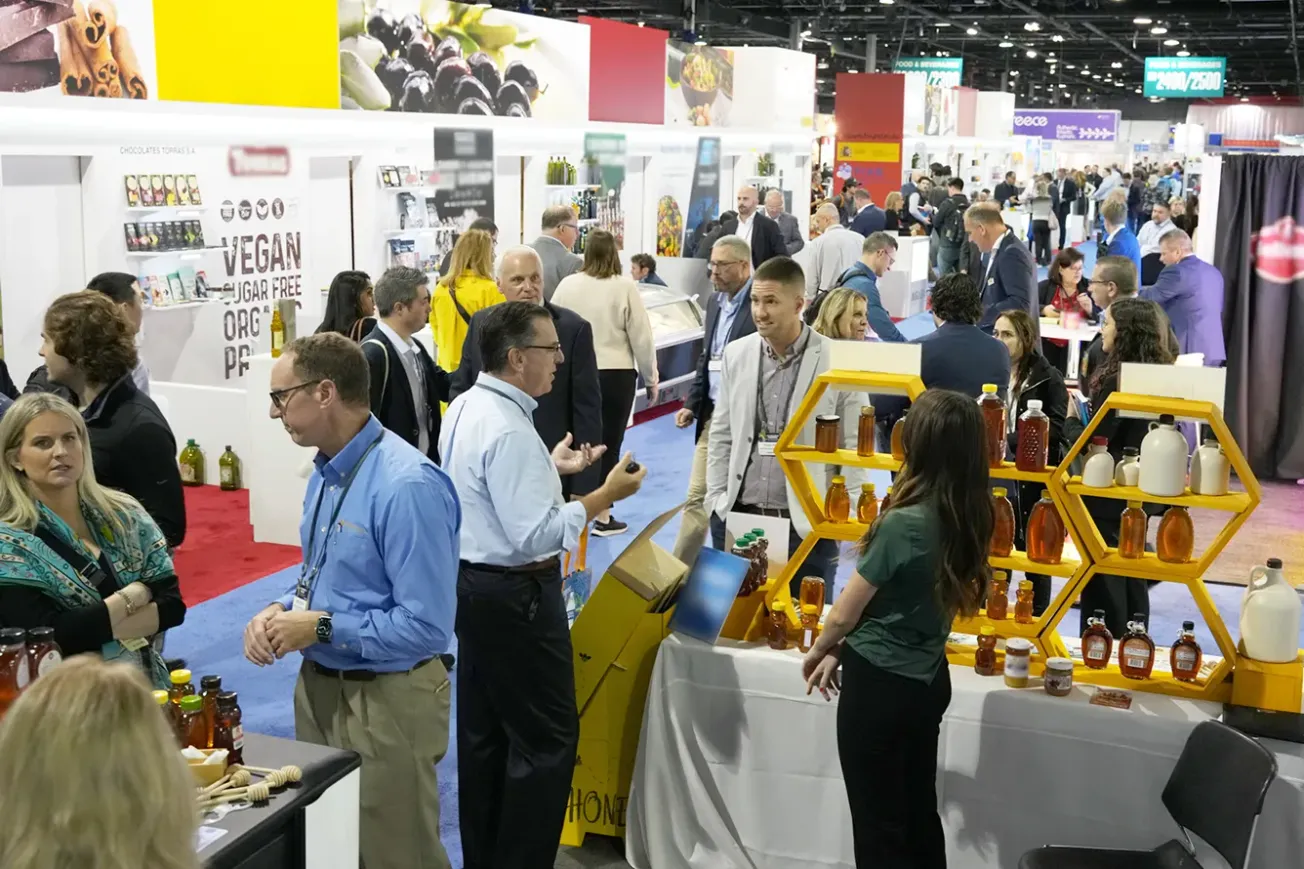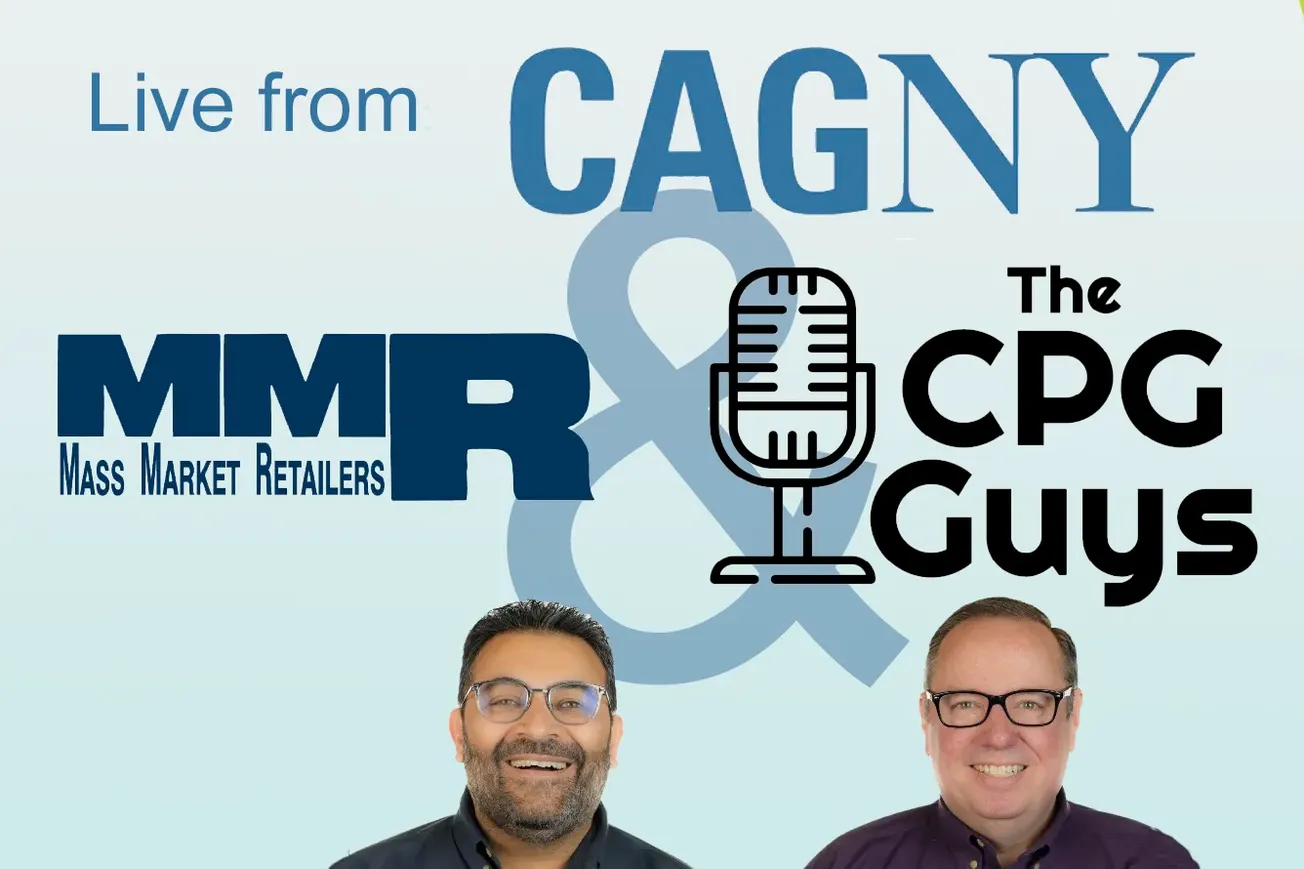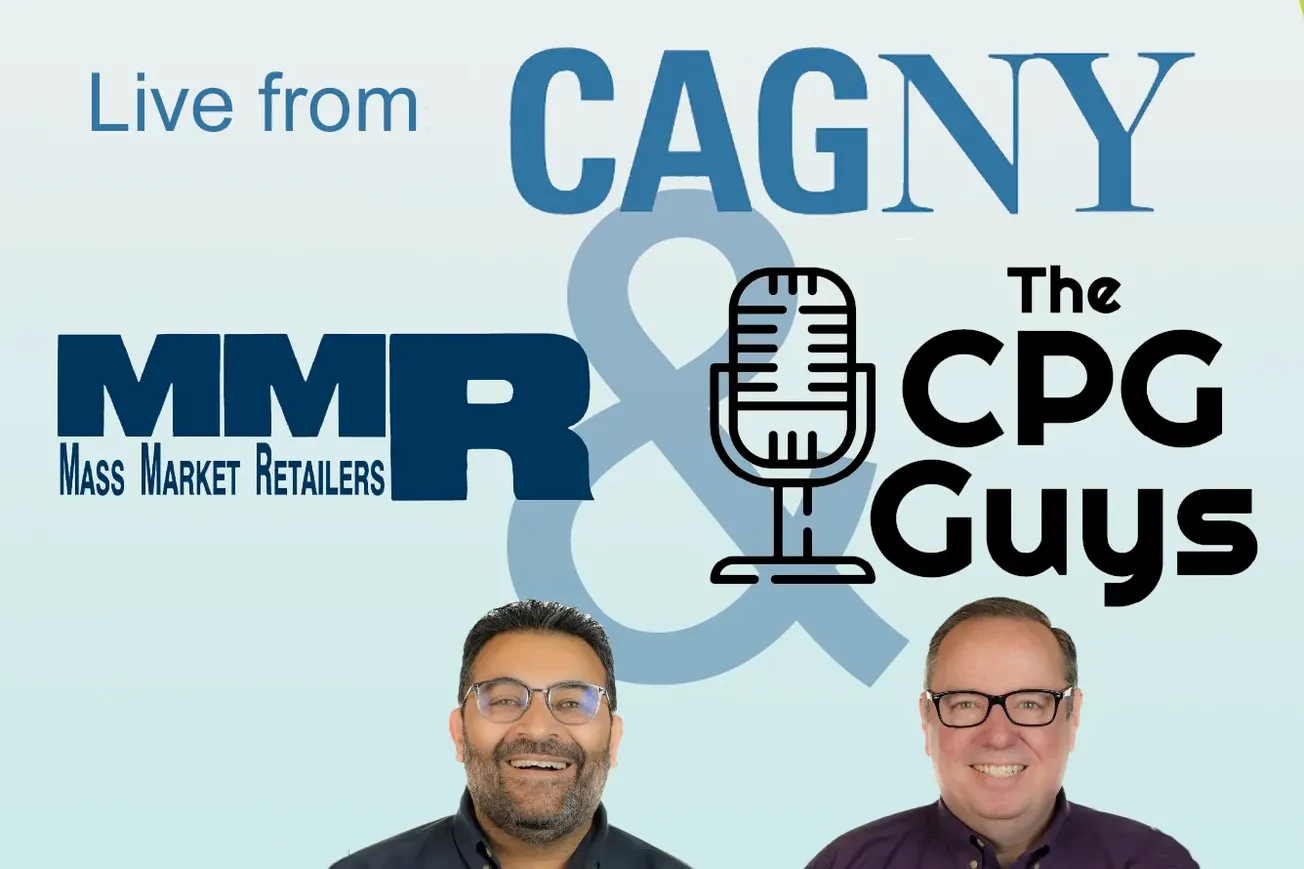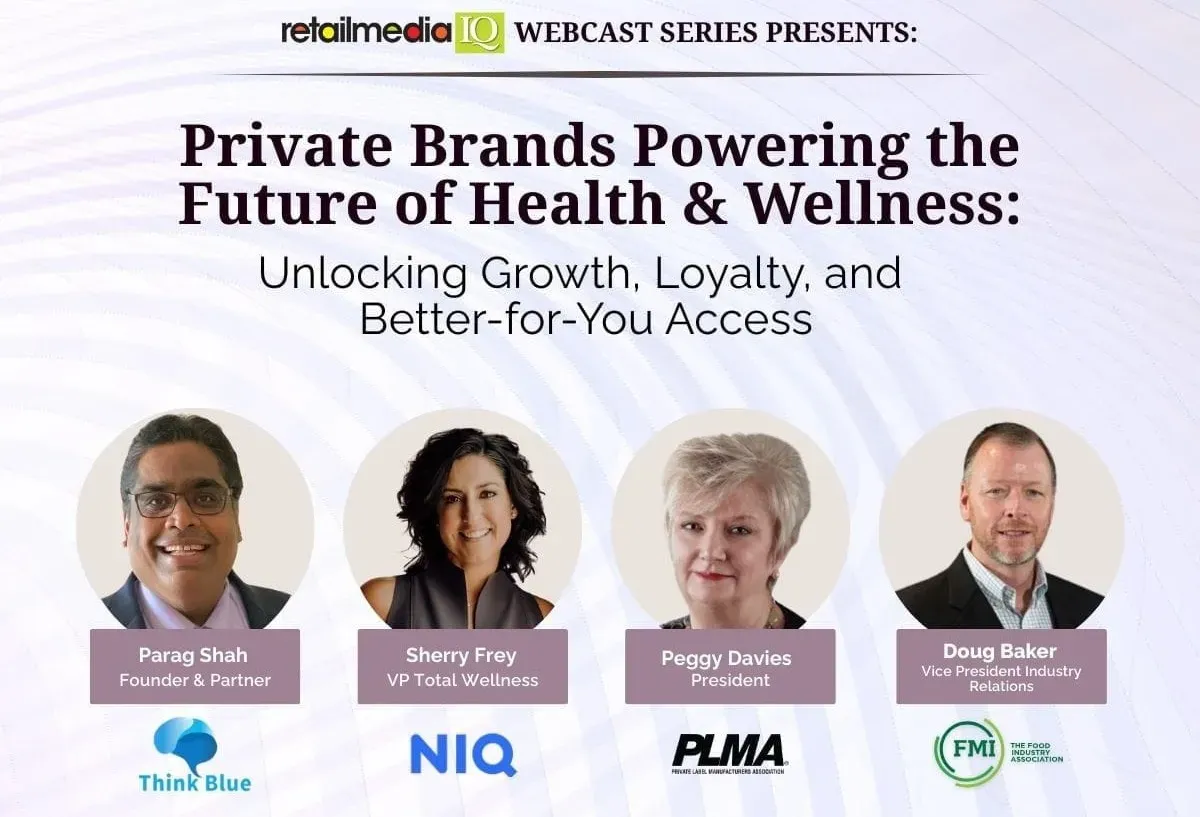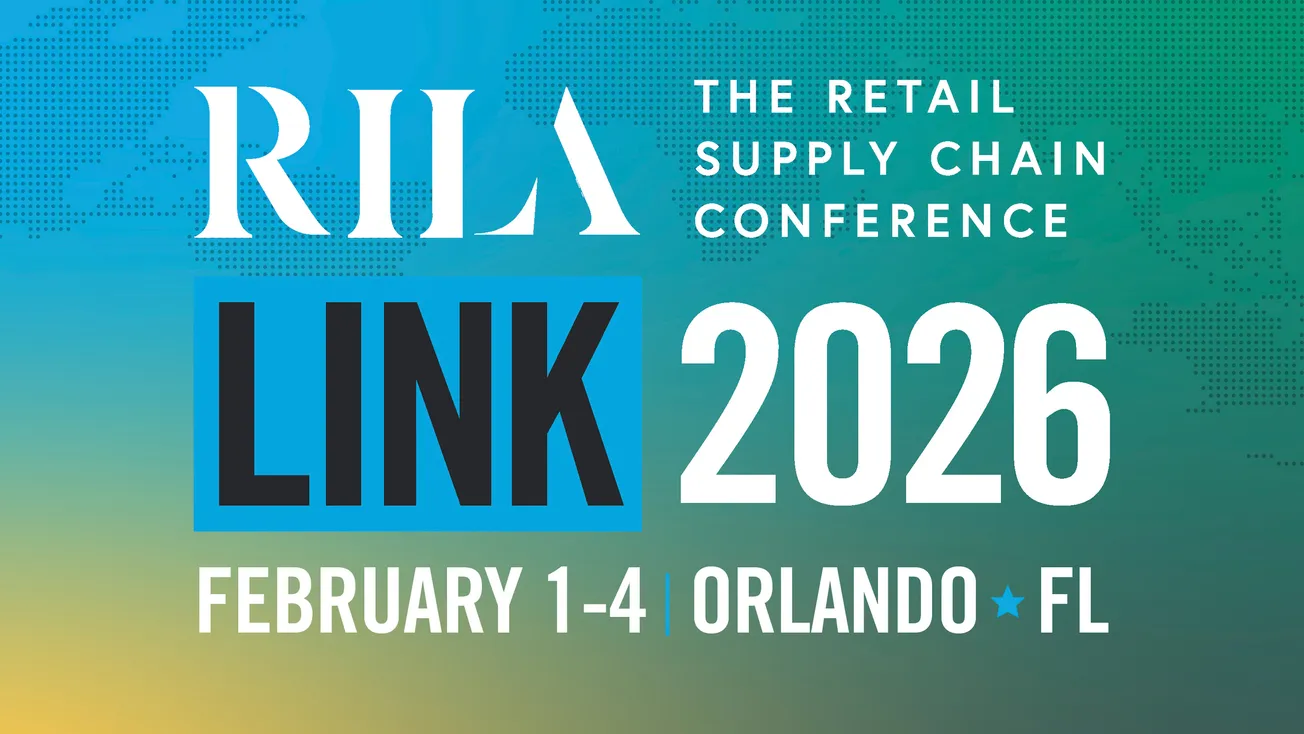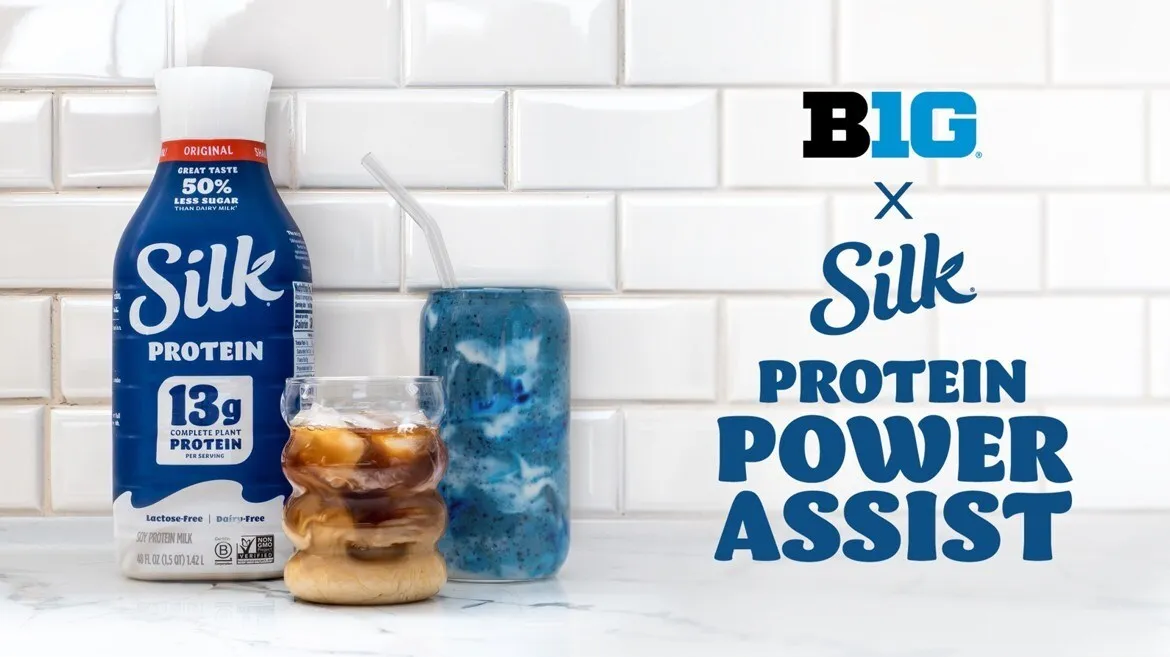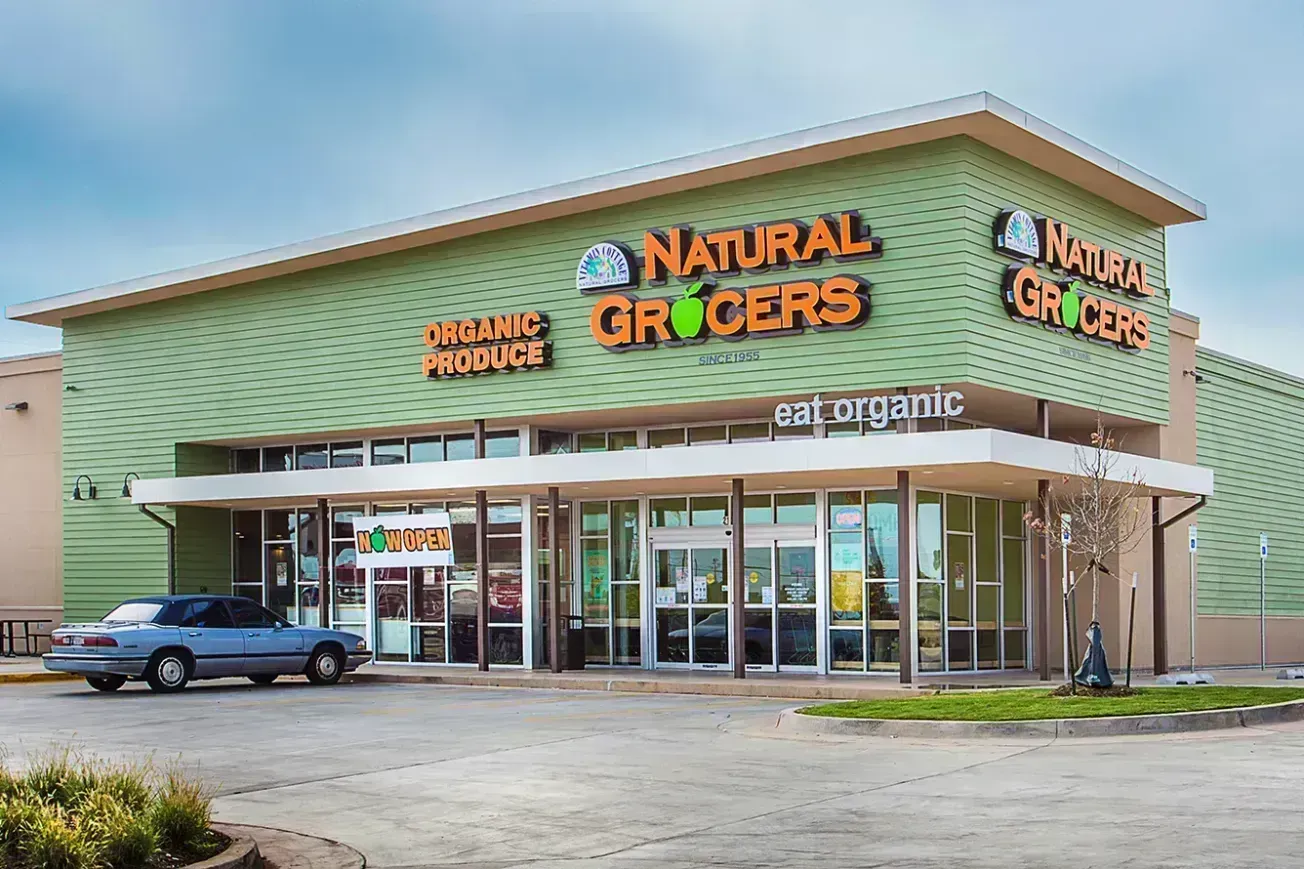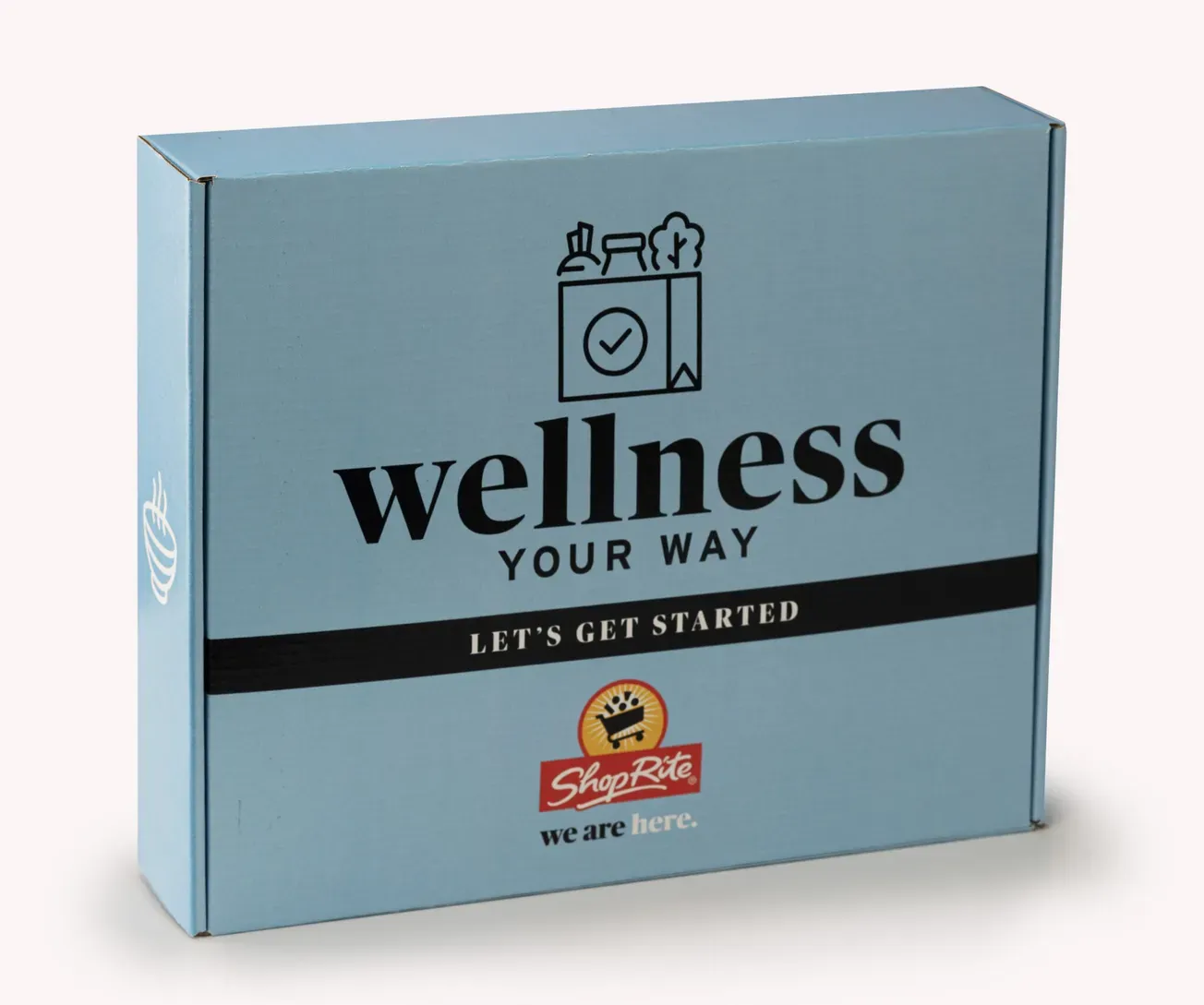ROSEMONT, Ill. – To paraphrase Stuart Scott, the late ESPN personality and “Sports Center” anchor, private label must be butter because it’s on a roll. Over the past decade, private label has been CPG’s hottest segment, as proliferating store brands seize a growing share of retailers’ shelves and shoppers’ baskets. The trend is pushing annual sales in the food, drug and mass-merchandising channel beyond a quarter-trillion dollars.
And according to speakers and attendees gathered here this week for PLMA’s massive Private Label Trade Show, the future looks even brighter.
“Private brands are at an inflection point,” Randy Burt of consulting firm AlixPartners said during the trade show’s opening seminar. What is already a $250 billion market with an 18% to 19% share of food retail is poised to become a $350 billion market within a few years, as perceptions continue to change from a private-label alternative to a standalone brand offering something unique, meaningful and different.
“One in two U.S. grocery shoppers consider a store’s private brand when choosing where to shop,” Burt said. “And nine in 10 are likely to continue to buy private brands even if grocery prices decline.”
As this week’s convention amply illustrates, the gains in private brands extend beyond the food department to encompass the entire store. PLMA cites point-of-sale data for 2023 showing that among the 179 food categories tracked by Circana, store brands were evident in 98% of them; in nonfood, private label was a factor in 132 of 138 categories.
Seven departments tracked by Circana saw private-label sales growth in 2023, led by beauty, up 11%. In both the beverage and home care departments, store brand sales were up 9%, while the general merchandise and frozen food departments each increased 4% from a year earlier.
The view from Aldi
Aldi, where virtually everything on offer is a store brand, has never had more shoppers in its stores, Dave Rinaldo, Aldi US president, said in the convention's keynote address. “Twenty-five percent of Americans now shop at Aldi,” he said, and suburban shoppers comprise an increasing share of its customer base.
“Shoppers know they don’t have to sacrifice quality to get the brands they want,” he said.
Aldi’s aggressive expansion – 800 new stores planned over the next five years as it closes its acquisition of Southeastern Grocers and adds stores in California, Arizona, and Nevada – is a testament to the power of a store brand.
The single biggest risk to Aldi’s ambitions is finding enough supply partners to fuel its expansion. “Capacity is the biggest need of the industry,” Rinaldo said, and Aldi seeks “mutually beneficial” relationships with growers, manufacturers, and distributors to make sure the capacity is there to meet demand.
For its part, Aldi is responding to the priority among manufacturers for the long-term agreements that give them the assurance they need to invest and contribute innovative ideas for the design, manufacture, packaging, and marketing of private brands.
“If you’re a pasta supplier for Aldi you’re the pasta supplier," he said. "There's one SKU. You are Aldi to our customer, and we need you to innovate."
Innovators on hand
Spread among the more than 1,800 exhibitors at the Donald E. Stephens Convention Center were innovators showcasing inventions like the Eeasy Lid, a 2023 winner in the packaging category of Fast Company’s Innovation by Design Awards.
“One billion people worldwide have trouble opening the lid on a jar,” said James Bach, co-inventor of a push-button aluminum lid that improves the quality of life for anyone who struggles with the twist-off lids used over the past 75 years to seal jars of jam, pasta sauces, vegetables, and fruits.
"By applying pressure with your fingertip, the vacuum is released, and the lid can be twisted off with almost no effort,” said Bach’s son, Brandon Bach, who serves as president of Dayton, Ohio-based Consumer Convenience Technologies LLC, which owns the patent and has the capacity to produce 300 million Eeasy Lids a year.
An international bazaar
Also conspicuous on the convention floor is the increasingly global flavor of the private-label movement. PLMA’s trade show drew exhibitors from 60 countries. A record 900 international firms staffed 1,200 booths, and 52 countries set up pavilions to showcase their offerings.
Bogota, Colombia-based Luker Chocolate sent a team to display products from its portfolio of ingredients and finished products including chocolate bars and snacks. Promising “better chocolate for your brand,” Luker serves as a one-stop chocolate manufacturer to handle every aspect of a partner’s chocolate production needs, from ethical sourcing to final delivery.
Many of the international players are promoting their capacity for helping retailers and food-service customers meet growing demand for plant-based food and beverages.
Columbo, Sri Lanka-based Silvermill Group, a supplier of spices, herbs, essential oils, fruits and beverages, used this year’s show to highlight some if its latest coconut creations. One, a coconut jerky, bears a striking resemblance to beef jerky, said Amitha Silva, the company’s executive director and chief marketing officer.
Development of plant-based alternatives is often painstaking, he said, and involves matching consumers’ desire for food with a limited number of recognized ingredients with shelf-ready products that satisfy expectations for taste and texture.


